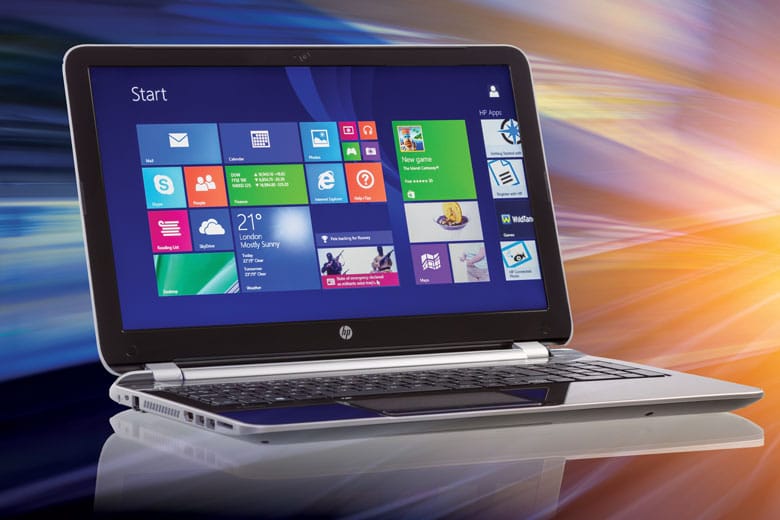

- #WINDOWS SERVER 2008 DRIVERS FOR DELL LAPTOP INSTALL#
- #WINDOWS SERVER 2008 DRIVERS FOR DELL LAPTOP WINDOWS 8#
There is no 32-bit version of Windows 2008 R2. Unless you’re positive you won’t need to support legacy hardware, or if you have specific needs that can be filled only by a 64-bit OS (addressing more than 3GB of RAM, for instance), you should set up most desktops with the 32-bit OS. And some applications don’t function well in a 64-bit environment. The biggest reason to stick with the 32-bit version is that you might have difficulty finding 64-bit drivers for legacy hardware.
#WINDOWS SERVER 2008 DRIVERS FOR DELL LAPTOP INSTALL#
Should you install the 32-bit version or the 64-bit version?Īt the desktop level, there are few advantages to installing the 64-bit version of Windows 7. Here are the top six decisions you’ll need to make before embarking on a migration:ġ. Microsoft ended mainstream support for Windows 2003 in 2010, and extended support ends in 2015. The latest server applications, however, are compatible only with the newer operating system. In this case, Windows Server 2008 R2 requires 64-bit hardware, and the interface is just different enough to make them nervous. Server admins are even more conservative.
#WINDOWS SERVER 2008 DRIVERS FOR DELL LAPTOP WINDOWS 8#
And with Microsoft widely expected to ship Windows 8 in October, can your business afford to be two or three OS generations behind? Unless you intend to set aside the first-service-pack rule, it’s time to bite the bullet and move forward. New PCs come with Windows 7 by default, so admins must support both operating systems anyway. More importantly, Microsoft has ended mainstream support for Windows XP, and extended support ends in 2014. These days, it’s becoming difficult to find device drivers and applications compatible with Windows XP. Admins found plenty of reasons to put off moving from Windows XP to Windows Vista, and then to Windows 7: The new operating systems demanded more capable hardware, the user interface changes required user training, and there were compatibility issues with legacy hardware and applications. When it comes to adopting new operating systems and applications, common practice among system administrators is to delay adoption until the release of the first service pack.


 0 kommentar(er)
0 kommentar(er)
